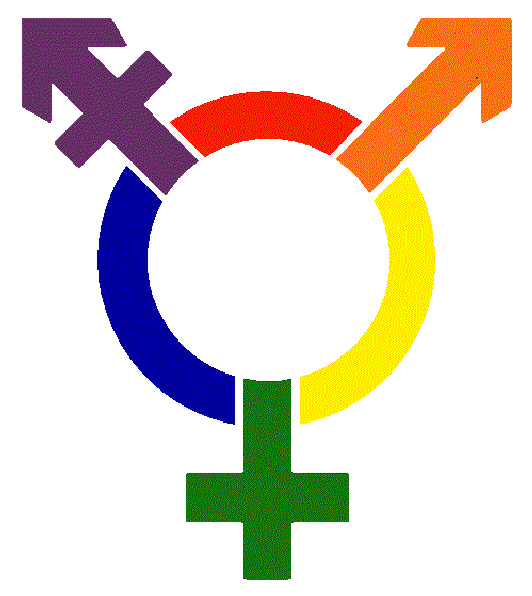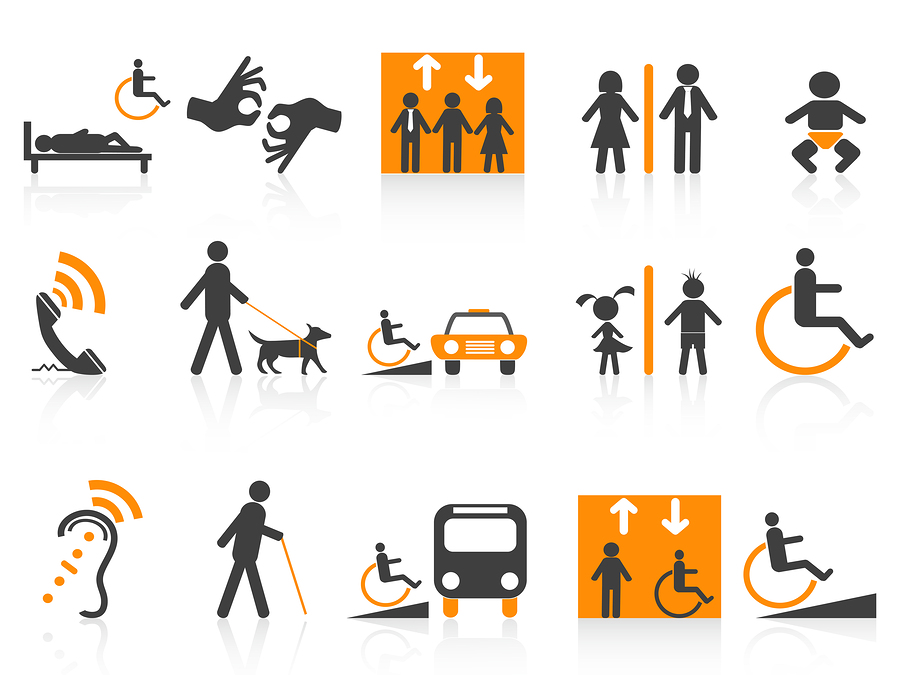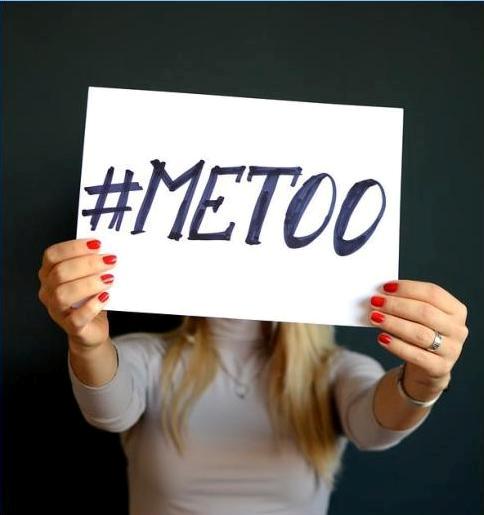|
  | |
Tel: 2511 8211 / Fax: 2511 8142 / SMS: 6972566616538 |
News from the EOC
Issue 177 | 8 January 2018 |
中文版

On 28 December 2017, the Hong Kong Association of Banks (HKAB), the Hong Kong Monetary Authority (HKMA) and the Equal Opportunities Commission (EOC) jointly released essential information on banking services in seven languages used by various ethnic minority (EM) communities in Hong Kong.
In a survey published by the EOC in 2016, it was found that EMs faced quite a lot of barriers and even discrimination when using banking services, such as opening bank accounts and applying for credit cards. This joint initiative, therefore, is aimed at facilitating better access to information by EMs and promoting their rights in using banking services.
The said information covers: the general principles of the Code of Banking Practice and the Treat Customers Fairly Charter, as well as practical information including security tips on using Automated Teller Machines, account opening, dormant accounts, financial health, and the Deposit Protection Scheme. The seven EM languages are: Bahasa Indonesia, Hindi, Nepali, Punjabi, Tagalog, Thai and Urdu. The information is now available on the websites of the HKAB, the HKMA and the EOC.
In addition to deepening EMs’ understanding of their rights, the EOC has been working with the two associations to provide racial sensitivity training to banking staff.
Read the banking services information in EM languages
Read the press release
*********************************************

Following the ruling of a case, certain individuals verbally insulted a judge outside the court on the ground of her race to express their dissatisfaction with the ruling. In response to this incident, as well as to increasing discriminatory comments targeted at asylum seekers and ethnic minorities on the Internet, EOC Chairperson Professor Alfred CHAN Cheung-ming released an article on 4 January to raise concern about the growing racist sentiment and condemn acts of racial discrimination, harassment and vilification.
Prof Chan pointed out that such discriminatory talks and expression tarnish Hong Kong’s image as a cosmopolitan and multicultural city where equality and diversity are valued. Such remarks may also constitute contempt of court and violate the Race Discrimination Ordinance (RDO), which protects not only permanent residents of Hong Kong, but all those who reside in Hong Kong, including visitors and asylum seekers.
Under the RDO, any act of discrimination, harassment or vilification on the ground of race is unlawful. By racial vilification, it means any activity in public to incite hatred towards, serious contempt for, or severe ridicule of, another person or members of a class of persons on the ground of the race of the person or members of the class of person. Any activity in public that consists of threatening physical harm or inciting others to threaten physical harm towards any premises or property of someone on the ground of race is considered offence of serious vilification and the offender is liable to a fine and imprisonment.
Prof Chan wrote in the article: “Hong Kong is a modern, civilised city where freedom of speech is cherished. While individuals are free to express their views and opinions, it does not mean they can freely attack others because of racial differences. Our city will only progress when people listen to others’ voices with a broad mind and carry out rational discussions supported by facts. What’s more, we are living in a globalised world where economies, cultures, information, and above all, people are highly mobile. It is no longer possible for us to define ourselves narrowly by nationality and geography. Hong Kong will only move forward as an international city, a financial hub and in terms of human rights if we uphold the values of diversity and inclusion, and show the rest of the world that we respect differences.”
Read Prof Chan’s article
*********************************************

In recent years, the rights of transgender people, who continue to be marginalised and discriminated against, have raised concern in the community. At present, Hong Kong does not even have a gender recognition scheme.
In June 2017, the Inter-departmental Working Group on Gender Recognition (IWG) published the Consultation Paper on Gender Recognition, inviting views on gender recognition in Hong Kong by 31 December 2017. In response, the EOC made a submission to express support for comprehensive gender recognition legislation, and legislation against discrimination on the grounds of gender identity, sexual orientation and intersex status.
Some of the major recommendations in the EOC’s submission include: The existing requirement for completion of sex re-assignment surgery to change gender, which is considered inhumane by international standard, should be removed; and there should be no requirement for medical diagnosis or real-life test, in line with the international development of depathologisation of transgenderism by the World Health Organization and other bodies. To prevent possible abuse of the system, a statutory declaration may be required from a medical practitioner or psychologist and/or the person concerned.
EOC Chairperson Professor Alfred CHAN Cheung-ming said: “Various international human rights organisations and parties, including the United Nations High Commissioner for Human Rights, have expressed concerns about the lack of arrangements for granting legal recognition of transgender people’s identities in Member States, which infringes on transgender people’s right to privacy and right to recognition as a person before the law. As such, the EOC believes that the consultation by the IWG should not be on whether a gender recognition scheme should be introduced in Hong Kong, but rather what kind of gender recognition scheme should be adopted.”
To read the full submission and the executive summary, please visit the EOC website.
Read the full submission
Read the executive summary
Read the EOC’s Study on Legislation against Discrimination on the Grounds of Sexual Orientation, Gender Identity and Intersex Status
*********************************************

The rights to security of person and to full, equal participation in society are basic human rights. But people with disabilities (PWDs) still face many barriers in exercising their rights in these areas.
For instance, housing units run by the Housing Department have no visual fire alarms for residents with hearing impairment. In addition, the 992 SMS emergency service of the Police is less convenient compared to the 999 system.
On 18 December 2017, a group of individuals with hearing impairment visited the EOC office to express their dissatisfaction with the abovementioned arrangements by the concerned Government functions. In response, the EOC published a statement, in which EOC Chairperson Professor Alfred CHAN Cheung-ming said: “There is certainly room for improvements in the existing measures. An effective fire alarm system and emergency service are of utmost importance for the protection of everyone, including persons with hearing impairment. The omission of such services, apart from failing to protect personal safety, lives and properties, may also violate the Disability Discrimination Ordinance (DDO).”
PWDs also face inconvenience in using public transport. In the “Report on Hong Kong Taxi Passengers Survey” released by the Hong Kong Taxi Council in mid-December, over 70% of the respondents believed that there is an insufficient supply of wheelchair accessible taxis in Hong Kong. The EOC expressed concern over the findings, and explained in a statement that it may be unlawful under the DDO for operators of public transport to provide facilities which are inaccessible to PWDs. In fact, the EOC published in May 2017 the “Study on Taxi Accessibility of Hong Kong”, which reviewed taxi accessibility and included a list of recommendations to the Government on improving the situation. The EOC will follow up on the recommendations and continue to work closely with the Transport Department on improving taxi accessibility and sensitivity among taxi drivers in providing services to PWDs.
Read the EOC’s response to the views of persons with hearing impairment
Read the EOC’s response to the “Report on Hong Kong Taxi Passengers Survey”
View the full report of the “Study on Taxi Accessibility of Hong Kong”
*********************************************

The exposé of the innumerable sexual misconduct incidents in Hollywood has triggered a global #MeToo social media movement against sexual harassment. The topic has also caught on in Hong Kong and stirred up heated social discussions. Some people believe that victims of sexual harassment should come forward, while others were sceptical about the intention of alleged victims who only mentioned their experiences years after they took place. Still some others believe that ungrounded accusations or revelation of the personal information of the persons involved disturb private lives and are inappropriate.
What impact do social opinions and discussions on sexual harassment claims have on the persons involved and on society? What are the causes of such reactions to those claims? How do the social, political and legal systems affect people’s reactions to sexual harassment? The Gender Research Centre of The Hong Kong Institute of Asia-Pacific Studies at The Chinese University of Hong Kong will organise the “Stand for Yourself: Public Forum on Sexual Harassment Claims and Backlashes” on 17 January 2018 to discuss these issues. The speakers include a District Councillor, representatives from women’s rights and human rights groups, and academics. Registration is free of charge and available on a first-come, first-served basis. Details are as follows:
| Date: |
|
17 January 2018 (Wednesday) |
| Time: |
|
6:30pm to 8:30pm |
| Venue: |
|
LT3, G/F, Yasumoto International Academic Park, The Chinese University of Hong Kong |
| Language: |
|
Cantonese |
| Enquiry: |
|
3943 8775 |
Register for the public forum
*********************************************
Visit our website or download the EOC mobile app to stay updated on the EOC’s work and positions, and to review our press releases and calendar training. Also, stay tuned on other equal opportunities issues and community initiatives by visiting our community resources and community events pages for information from our community partners, including publications, survey reports, publicity campaigns, and upcoming conferences.






